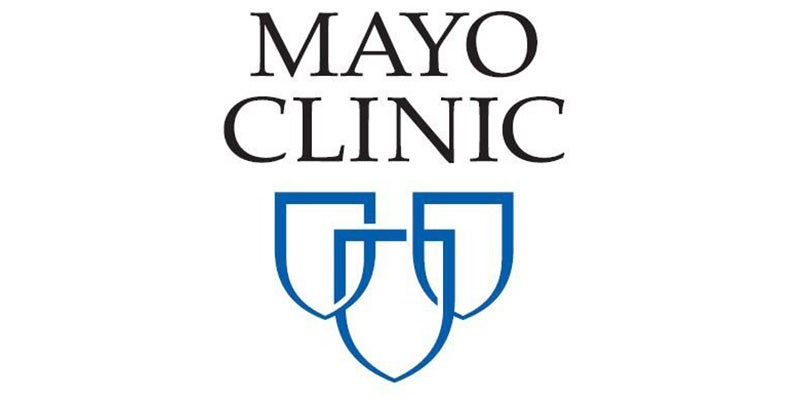MNsure’s future even rockier after election
Published 9:27 am Thursday, November 10, 2016
By Lorna Benson
MPR News/90.1 FM
Now that Donald Trump has won the presidency, Republican congressional leaders are making it their priority to repeal and replace the 6-year-old Affordable Care Act.
That’s adding to the uncertainty surrounding the future of MNsure and people who depend on the health care exchange.
If Trump follows through with his plan for the ACA, 18 million people would likely lose their health insurance, said University of Minnesota health policy expert Steve Parente.
“If they go strictly with the Trump proposal that’s on the website, it’s a much more austere plan,” he said. “It does away with Medicaid expansion. So there’s some pretty major consequences.”
Gov. Mark Dayton and House Speaker Kurt Daudt agree that Minnesotans in the state’s individual insurance market need help paying premiums that are ballooning next year. But they haven’t agreed on a short-term fix or set a date to meet in special session.
Lawmakers’ long-term vision for health care is equally unclear. Daudt says state Republicans intend to deliver on their campaign promise to ditch Obamacare in Minnesota.
Dayton, a DFLer, says he’s open to a MNsure alternative, such as moving the state into the federal health insurance exchange.
But if president-elect Trump and the Republican-led Congress ultimately abolish the ACA, he said, it’s an open question of what will happen.
“The question is what are they going to put in its place?” Dayton said. “Are they going to leave any of these protections that are really important to people? Are they going to throw all that out? Are we going to go back to what we had before?”
That prospect alarms Lawrence Massa, president of the Minnesota Hospital Association.
The Affordable Care Act has problems, he said, but it has been good for hospitals who have seen their uncompensated care costs plummet.
“I do believe that if they repeal the framework of the ACA, they’ve got to replace it,” Massa said. “They just can’t eliminate the whole thing.”
Doctors groups generally agree and say the federal health care legislation has also been good for millions of patients who faced too many financial barriers to care previously.
“There are a lot of states and a lot of individuals who are now dependent upon the ACA,” said Dave Renner, director of state and legislative affairs at the Minnesota Medical Association.
Rather than flat-out abolishing Obamacare, Parente thinks it’s more likely that Congress will lean toward House Speaker Paul Ryan’s reform proposal. That uses tax credits to help people cover the cost of their insurance.




